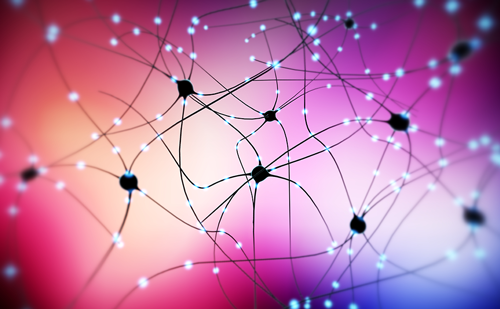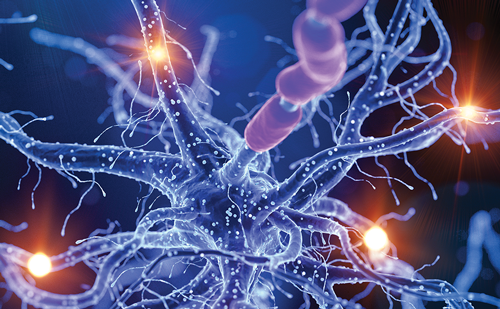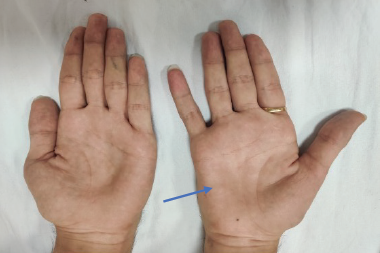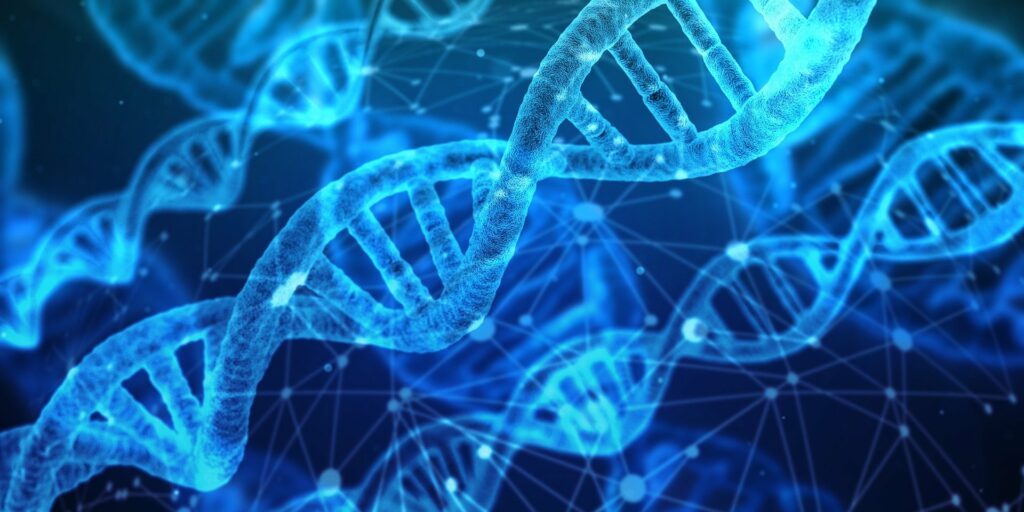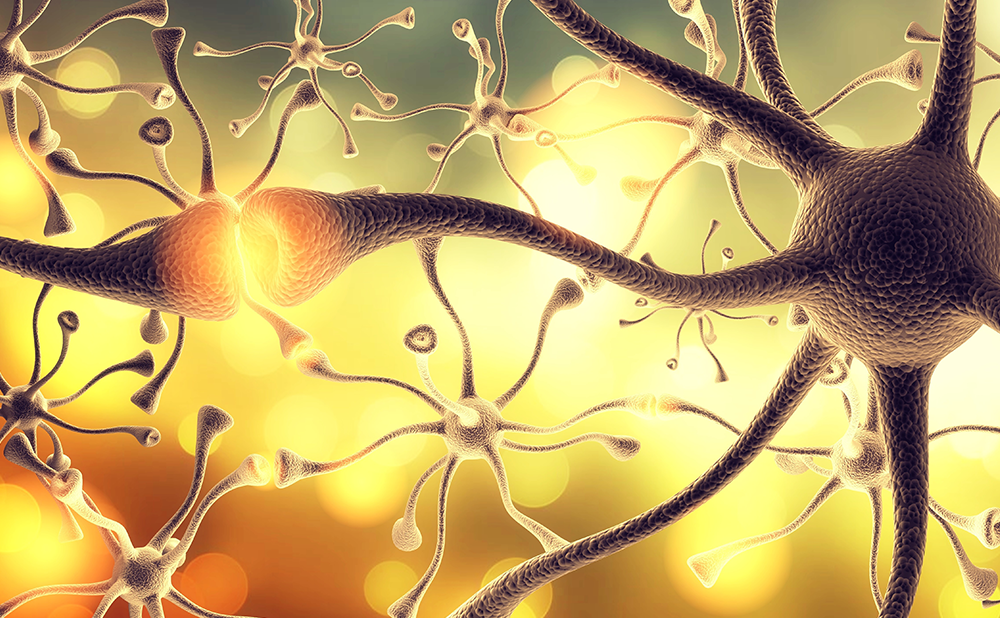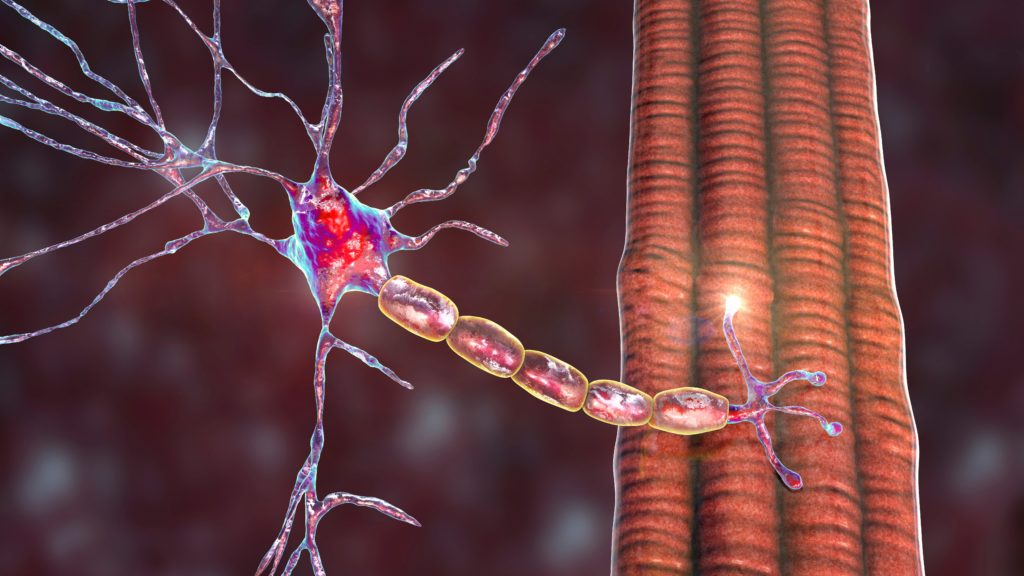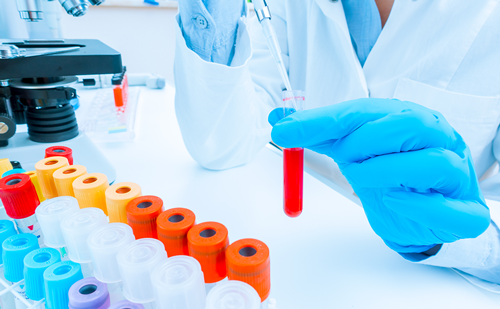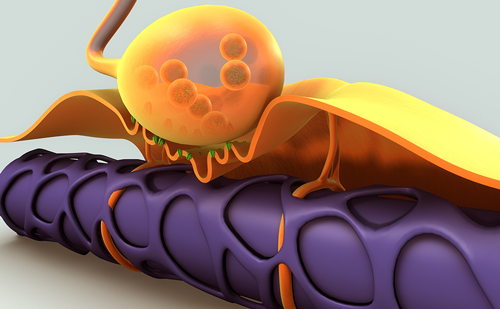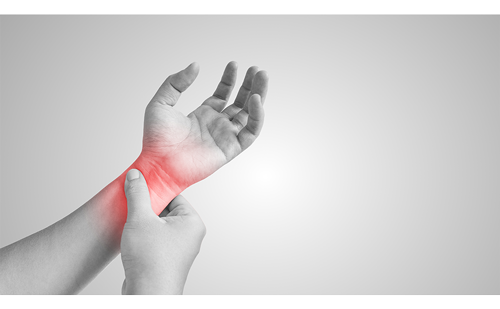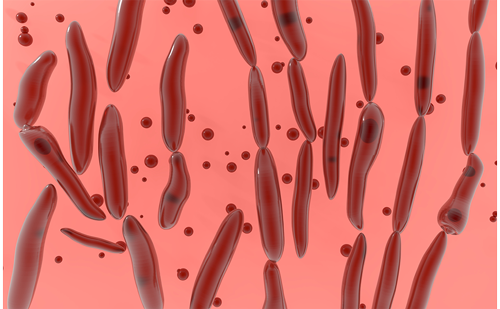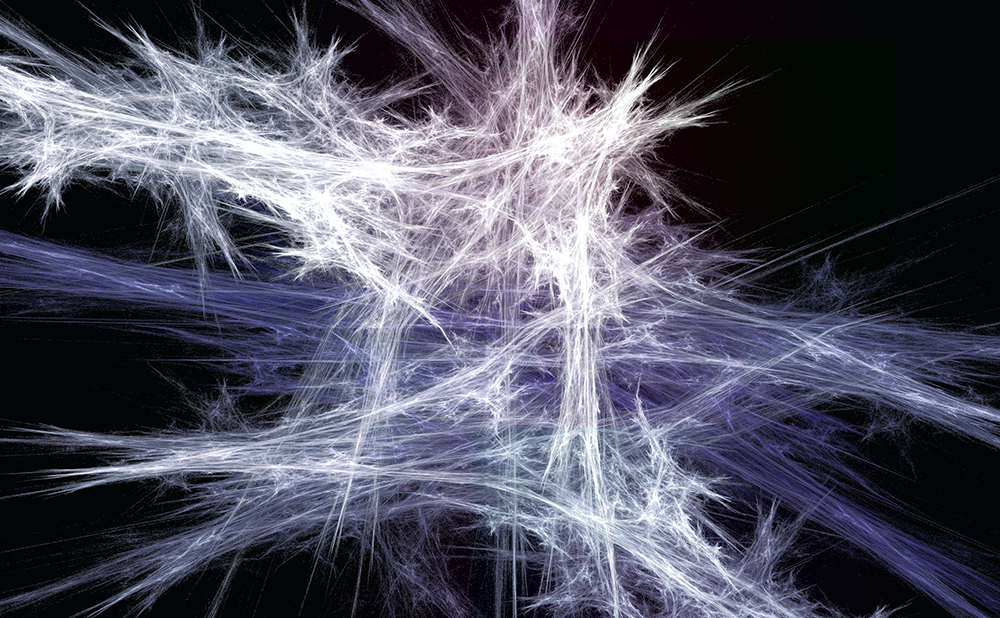Welcome to the latest edition of touchREVIEWS in Neurology, which features a diverse range of topical articles covering therapeutic areas relevant to neurologists and other practitioners involved in the care of patients with neurological illness. We begin with an editorial from Tian Wang and Gregory L Krauss, discussing XEN1101, a novel potassium channel modulator, in the treatment of adults with focal epilepsy. In our second editorial, Robert Music of The Migraine Trust discusses the limitations of the UK’s migraine healthcare system and how they can be addressed.
The first of our reviews is on the subject of Alzheimer’s disease. Sweta Bhoopatiraju and George Grossberg describe emerging perspectives in the management of agitation, which is experienced by a high proportion of patients with Alzheimer’s disease/dementia.
Returning to headache disorders, María Dolores Villar-Martinez and Peter J Goadsby describe the epidemiology of photophobia in migraine and review the current management of migraine and photophobia. Despite advances in pharmacological therapies for migraine, many patients require or prefer non-medicinal treatment. Michael AL Johnson and Deena E Kuruvilla review the clinical evidence in support of external trigeminal nerve stimulation for the prevention and acute treatment of migraine.
Friedreich’s ataxia is a rare genetic, progressive, neurodegenerative movement disorder that is associated with cardiomyopathy, diabetes and scoliosis. Susan Perlman reviews the current and emerging therapeutic landscape, which should bring the first disease-modifying drugs for this condition. Myoclonus is characterized by sudden, brief, shock-like contractions of muscles, and can pose numerous challenges in assessment and diagnosis. Matthew A Burton et al. provide a practical guide to the assessment and treatment of myoclonus of various aetiologies.
Multiple sclerosis (MS) presenting during childhood can lead to landmark disability levels younger in life than adult-onset MS; therefore, prompt treatment is essential. Aaron W Abrams et al. discuss the latest developments in the understanding and treatment of paediatric MS.
In the area of neuromuscolar diseases, there remains an unmet need for effective treatments for myasthenia gravis. Saranya B Gomathy et al. review the current status of novel molecular therapies for myasthenia gravis and discuss future potential therapies.
Immune checkpoint blockade has transformed the management of many malignancies but is associated with autoimmune toxicities or immune-related adverse events, including neurological complications. Saša A Živković and Tawfiq Al-Lahham discuss the optimal management of these complications.
Deep brain stimulation is an established method of treating the symptoms of Parkinson’s disease. With the advent of directional leads, Akash Mishra and Ritesh A Ramdhani review the impact of directional deep brain stimulation in the treatment of Parkinson’s disease.
In the context of sleep medicine, narcolepsy is challenging to treat; however, increased understanding of the pathophysiology of narcolepsy has resulted in many therapeutic innovations. In the final article of this issue, Oki Ishikawa et al. review current and emerging treatments for this disorder.
touchREVIEWS in Neurology would like to thank our expert authors for providing insightful and thought-provoking articles. We are also grateful to all organizations and media partners for their ongoing support, and to the members of our editorial board for their continued involvement and advice. We hope that you will find plenty of interest among the articles in this issue.
Said R Beydoun
Said R Beydoun, MD, FAAN, is Professor and Division Chief for Neuromuscular Medicine in the Department of Neurology at Keck School of Medicine, University of Southern California (USC). He is Program Director of the Clinical Neurophysiology Fellowship. As a principal investigator, Dr Beydoun has participated in multiple research clinical trials. His clinical and research areas of expertise in the field of neuromuscular medicine include amyotrophic lateral sclerosis (ALS), myasthenia gravis, peripheral neuropathy (including chronic inflammatory demyelinating polyneuropathy), multifocal motor neuropathy and transthyretin-related amyloid neuropathy. He has published in several scientific journals on topics related to neuromuscular diseases and is co-Editor-in-Chief of touchREVIEWS in Neurology. He is an elected fellow of the American Academy of Neurology and a fellow of the American Association of Neuromuscular and Electrodiagnostic Medicine; a member of the medical/scientific advisory board of the Myasthenia Gravis Foundation of America; Medical Director of the Certified ALS Treatment Center of Excellence at Keck USC; and holds board certification by the American Board of Psychiatry and Neurology in neurology, clinical neurophysiology, neuromuscular medicine and pain medicine.


